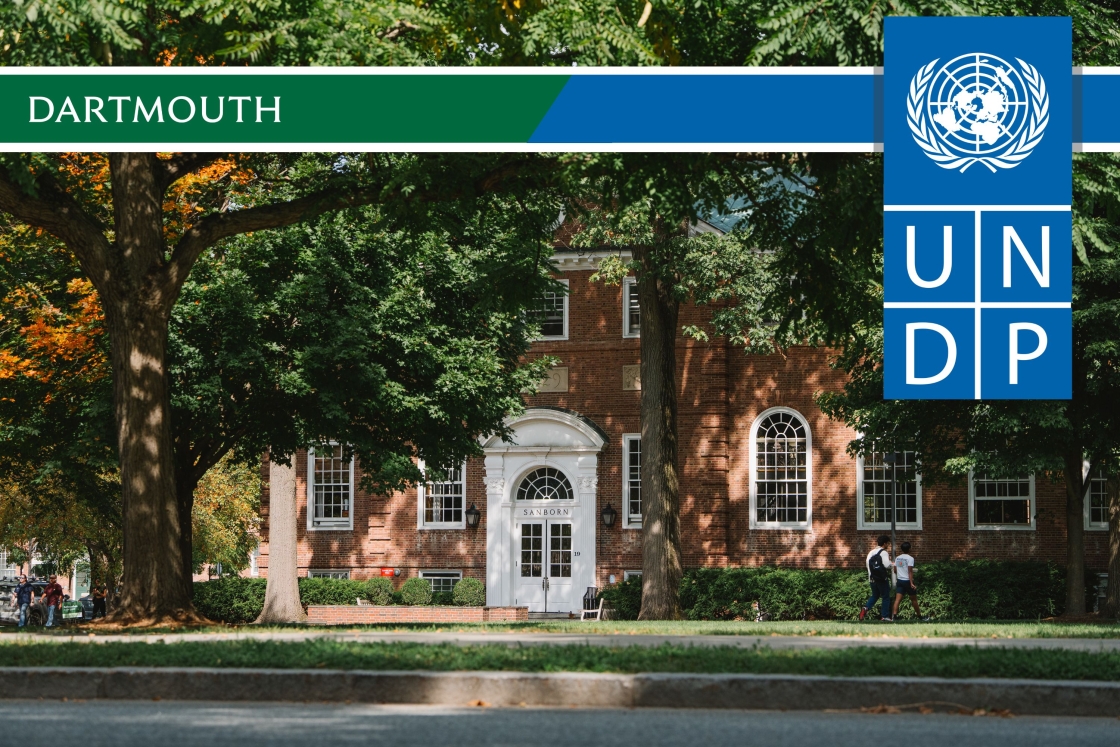Dartmouth researchers were awarded $8.95 million during February, including $2.5 million in new and competing awards. View the complete list of awards, as reported by the Office of Sponsored Projects. Here, Dartmouth Now spotlights three investigators and their work.

Deborah Becker, research assistant professor of community and family medicine
Boston University “Research and Training Center on Improving the Employment Outcomes for Individuals with Psychiatric Disabilities”
What works: This grant, Becker explains, funds a randomized controlled study to compare two approaches to helping people with mental illness find and keep employment.
Ongoing research: Becker has been studying the benefits of employment for people with psychiatric disabilities since the 1980s. The goal of this project, she notes, “is to investigate whether employment outcomes are better when evidence-based supported employment is implemented with Illness Management and Recovery— revised to incorporate a vocationally oriented curriculum—as compared to evidence-based supported employment alone.”
Teamwork: Becker’s colleagues at Dartmouth Medical School include Kim Mueser and Susan McGurk, both of the Department of Psychiatry. Sally Rogers and Zlatka Russinova, both of Boston University’s Center for Psychiatric Rehabilitation, are also involved.
Carl Renshaw, professor of earth sciences
National Science Foundation “GK-12: Fostering Scientific Creativity by Building Connections and Improving Science Communication Skills” (five-year award)

Science for everyone: This grant makes it possible for Dartmouth graduate students in science, technology, engineering, and mathematics (STEM) disciplines to work with teachers and students in local middle school classrooms. Through their outreach, Renshaw notes, graduate students gain experience in communicating about their specialized knowledge with a general audience.
Winning partnerships: The program provides support and training to help the graduate students be effective teachers and mentors. The middle school students gain exposure to the graduates’ creativity and enthusiasm about science, says Nancy Serrell, Dartmouth’s director of academic outreach. Public school districts in New Hampshire and Vermont, including Claremont (New Hampshire), Mascoma (New Hampshire), Dresden (New Hampshire and Vermont), Sharon (Vermont), Thetford (Vermont), and Woodstock (Vermont), will participate.
Teamwork: Renshaw is the primary investigator on the grant, which will be led by a diverse team of Dartmouth faculty and administrators, including Serrell; Cindy Tobery, associate director at the Dartmouth Center for the Advancement of Learning (DCAL); Janet Zullo, an instructor with Dartmouth’s education department; and Vicki May, a lecturer at Thayer School of Engineering and former associate director of DCAL.

Sean Smith, associate professor of computer science
University of Illinois “Trustworthy Cyber Infrastructure for the Power Grid”
In balance: Since electricity cannot be stored efficiently in large quantities, notes Smith, the power grid requires a delicate near-real-time balance of generation, transmission, and consumption. “What keeps this all working is basically a national-scale distributed computing system,” he says, “consisting of all sorts of new and old elements. We’re looking at ways to ensure this messy real-world system can be secure against malicious cyber attack.”
Keeping on: “This award builds on a large-scale project we’ve been working on for four years,” Smith reports. “Power is the critical infrastructure on which all our other critical infrastructures depend.”
Collaborators: “Here at Dartmouth,” Smith says, “I work closely with Sergey Bratus,” a research assistant professor of computer science. “But the project spans five universities, and our work also depends on close collaboration with partners in all sectors of the industry.”
